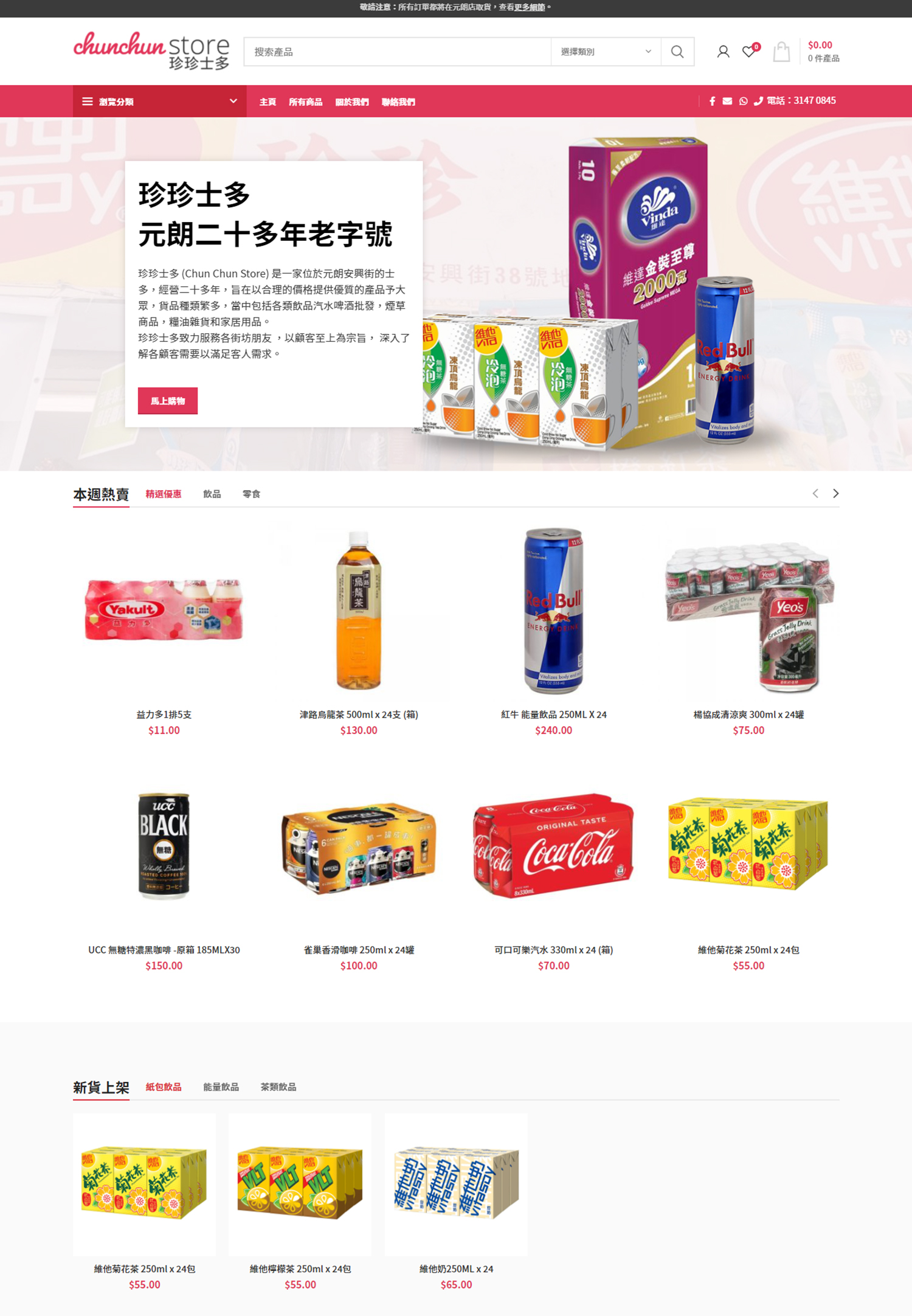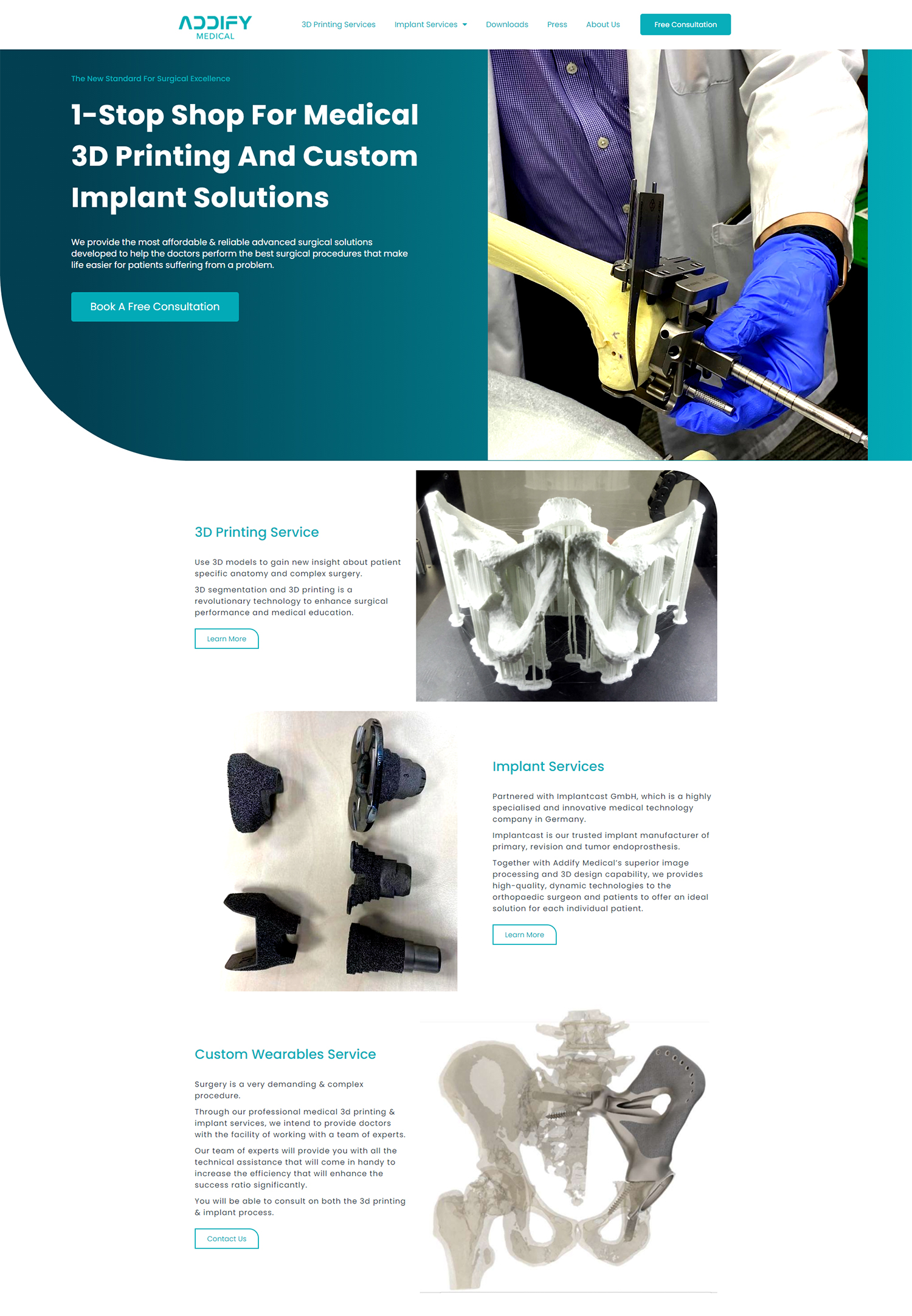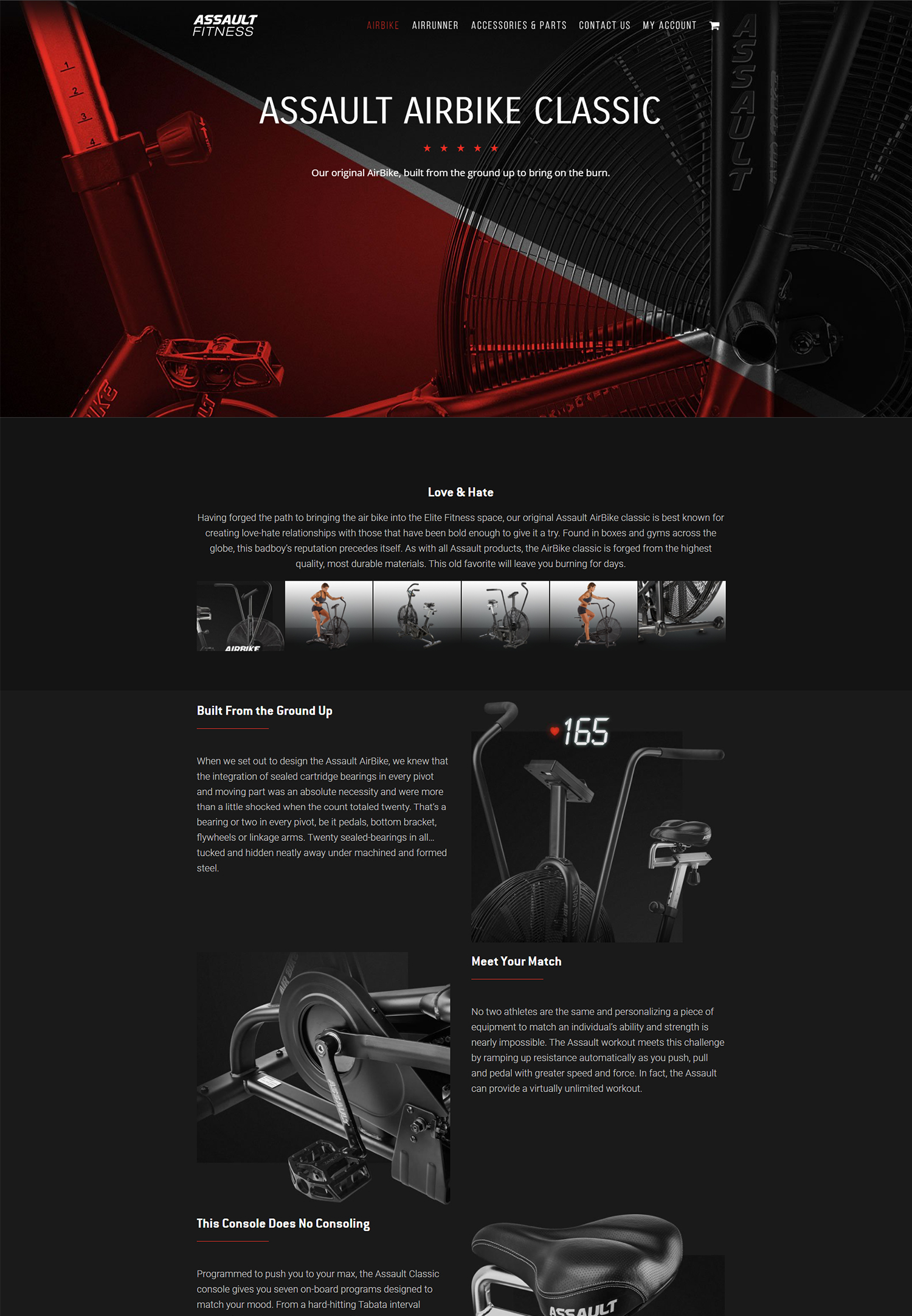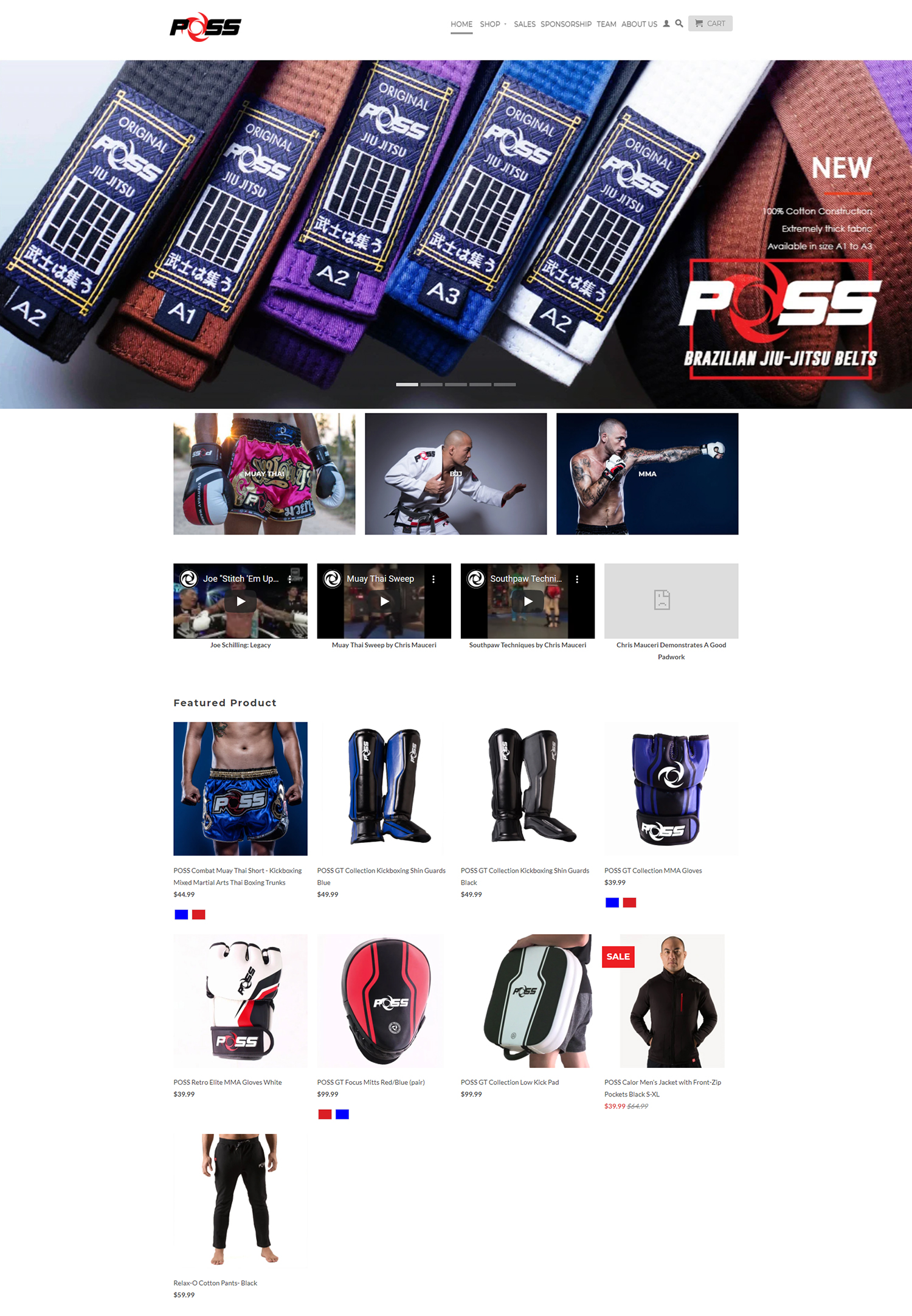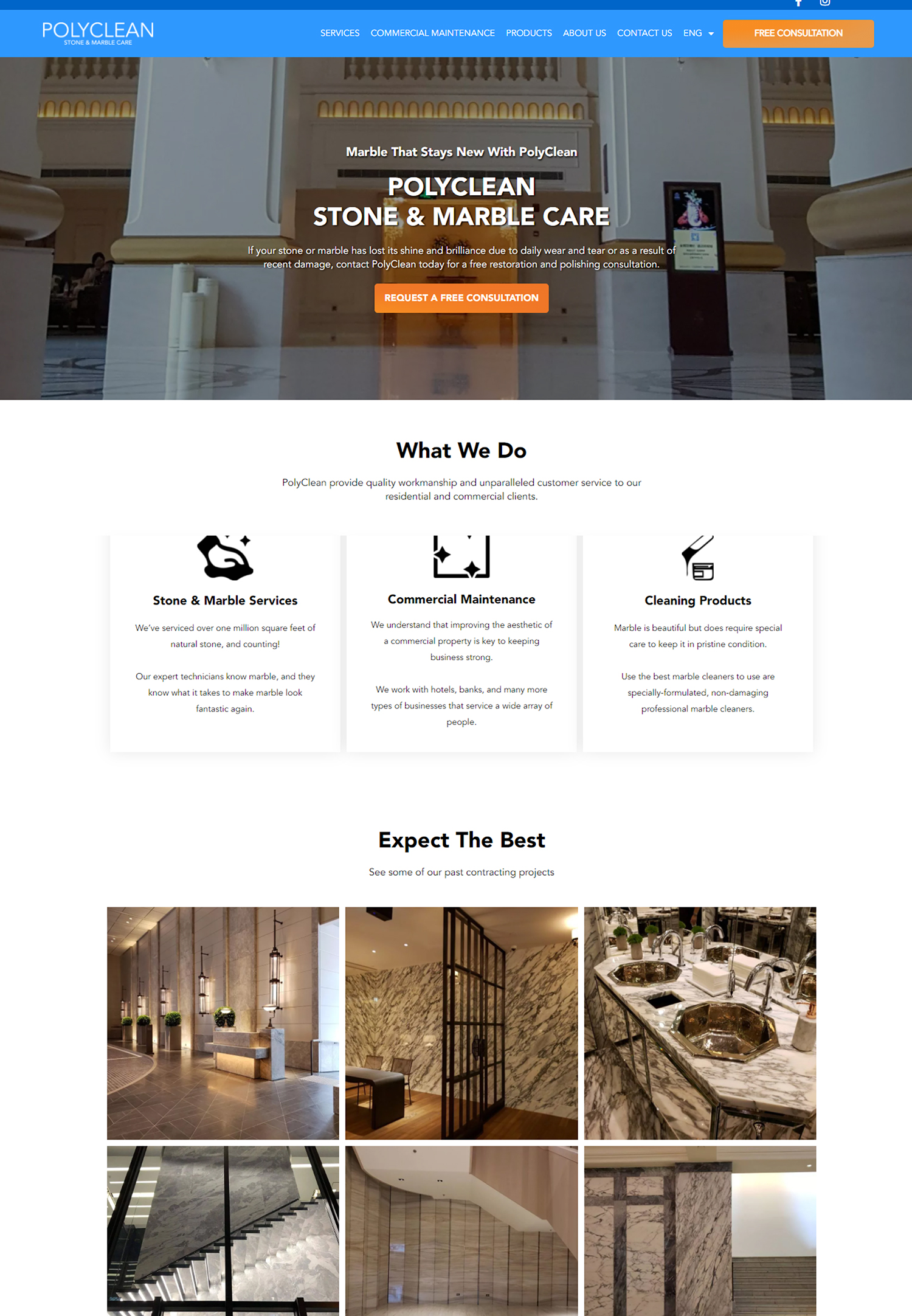In today’s digital age, the significance of online marketing for local businesses cannot be overstated. With the proliferation of smartphones and the internet, consumers increasingly turn to online platforms to find products and services in their vicinity. According to a report by Google, nearly 76% of people who search for something nearby visit a business within a day.
This statistic underscores the necessity for local businesses to establish a robust online presence. By leveraging online marketing strategies, local businesses can effectively reach their target audience, enhance brand visibility, and ultimately drive foot traffic to their physical locations. Moreover, online marketing offers local businesses the opportunity to compete with larger corporations that may have more substantial marketing budgets.
Through targeted strategies such as search engine optimization (SEO), social media engagement, and localized advertising, small businesses can carve out a niche in their market. This democratization of marketing allows them to connect with potential customers on a personal level, fostering community relationships that are often overlooked by larger entities. The ability to engage directly with local consumers not only builds brand loyalty but also encourages word-of-mouth referrals, which are invaluable for sustaining growth in a competitive landscape.
Key Takeaways
- Online marketing is crucial for local businesses to reach and engage with their target audience in the digital age.
- Creating a strong online presence involves having a professional website, active social media profiles, and positive online reviews.
- Social media is a powerful tool for local businesses to connect with and attract local customers through engaging content and targeted advertising.
- Implementing local SEO strategies, such as optimizing for local keywords and creating local business listings, can improve visibility in local search results.
- Online advertising allows local businesses to target specific local audiences and increase brand awareness and customer acquisition.
Creating a Strong Online Presence for Your Local Business
Key Elements of a Well-Designed Website
A well-designed website should be user-friendly, mobile-responsive, and optimized for search engines. It should clearly convey the business’s offerings, location, and contact information while also providing an engaging user experience. Incorporating high-quality images, customer testimonials, and clear calls-to-action can significantly enhance the effectiveness of the website in converting visitors into customers.
The Importance of Google My Business
In addition to a website, local businesses should claim and optimize their Google My Business listing. This free tool allows businesses to manage their online presence across Google, including Search and Maps. By providing accurate information such as business hours, location, and services offered, businesses can improve their visibility in local search results. Furthermore, encouraging satisfied customers to leave positive reviews on this platform can enhance credibility and attract new clientele.
Building Trust and Authority in the Local Community
A comprehensive online presence not only aids in customer acquisition but also establishes trust and authority within the local community.
Utilizing Social Media to Reach Local Customers
Social media platforms have revolutionized the way businesses interact with their customers, making them an essential component of any local marketing strategy. Platforms like Facebook, Instagram, and Twitter allow businesses to engage with their audience in real-time, share updates, and promote special offers. By creating content that resonates with local customers—such as community events, behind-the-scenes glimpses of the business, or user-generated content—local businesses can foster a sense of community and belonging among their followers.
Moreover, social media advertising provides an effective way to target specific demographics within a local area. For instance, Facebook Ads allow businesses to define their audience based on location, interests, and behaviors. This targeted approach ensures that marketing efforts reach individuals who are more likely to convert into customers.
Additionally, utilizing features like Facebook Events can help promote local happenings or sales, driving foot traffic and increasing brand awareness within the community. The interactive nature of social media also encourages feedback and dialogue, allowing businesses to adapt their strategies based on customer preferences and trends.
Implementing Local SEO Strategies to Improve Visibility
| Local SEO Strategy | Metrics |
|---|---|
| Google My Business Optimization | Increased local search visibility, higher click-through rates |
| Local Keyword Optimization | Improved local search rankings, higher organic traffic |
| Online Reviews Management | Higher trust and credibility, increased customer engagement |
| Local Link Building | Improved domain authority, higher local search rankings |
| Local Content Creation | Increased local relevance, higher user engagement |
Local SEO is a critical aspect of online marketing that focuses on optimizing a business’s online presence to attract more customers from relevant local searches. This involves several strategies aimed at improving visibility in search engine results pages (SERPs). One of the primary tactics is keyword optimization; businesses should identify and incorporate keywords that potential customers are likely to use when searching for their products or services in the local area.
For example, a bakery in Austin might target keywords like “best cupcakes in Austin” or “Austin bakery near me.” Another essential component of local SEO is building citations—mentions of the business’s name, address, and phone number (NAP) across various online directories and platforms. Consistency in NAP information across these listings is crucial for search engines to verify the legitimacy of the business. Additionally, creating localized content that addresses community interests or events can further enhance SEO efforts.
For instance, a local gym might publish blog posts about fitness events happening in the area or tips for staying active during specific seasons. By implementing these strategies, local businesses can improve their chances of appearing in the coveted “local pack” on Google, which showcases top businesses relevant to a user’s search query.
Leveraging Online Advertising to Target Local Audiences
Online advertising presents an invaluable opportunity for local businesses to reach potential customers effectively. Platforms such as Google Ads and social media networks offer targeted advertising options that allow businesses to focus their marketing efforts on specific geographic areas. For instance, a restaurant can create ads that only appear to users within a certain radius of its location, ensuring that marketing dollars are spent efficiently on individuals who are most likely to visit.
Additionally, retargeting ads can be particularly effective for local businesses looking to re-engage users who have previously interacted with their website or social media pages. By displaying ads to these users as they browse other sites or social media platforms, businesses can remind them of their offerings and encourage them to return. This strategy not only increases brand recall but also enhances conversion rates by targeting an audience that has already shown interest in the business.
The ability to track ad performance through analytics tools further allows businesses to refine their campaigns based on real-time data, optimizing their advertising spend for maximum impact.
Building a Positive Online Reputation for Your Local Business
A positive online reputation is crucial for local businesses seeking to establish trust and credibility within their communities. In an era where consumers heavily rely on online reviews and ratings before making purchasing decisions, managing this aspect of a business’s online presence is paramount. Encouraging satisfied customers to leave reviews on platforms like Google My Business, Yelp, or Facebook can significantly enhance a business’s reputation.
However, it is equally important for businesses to respond promptly and professionally to negative reviews or feedback. Engaging with customers through reviews demonstrates that a business values customer input and is committed to providing excellent service. Addressing concerns raised in negative reviews can turn a potentially damaging situation into an opportunity for improvement and customer retention.
Additionally, showcasing positive testimonials on the business’s website or social media pages can further bolster credibility and attract new customers. By actively managing their online reputation, local businesses can create a favorable image that resonates with potential clients and fosters long-term loyalty.
Engaging with Local Customers through Email Marketing
Email marketing remains one of the most effective tools for engaging with local customers and nurturing relationships over time. By building an email list through sign-up forms on their websites or during in-store visits, local businesses can create a direct line of communication with their audience. Regular newsletters can keep customers informed about promotions, new products or services, upcoming events, and other relevant updates that encourage repeat visits.
Personalization is key in email marketing; tailoring messages based on customer preferences or past purchases can significantly enhance engagement rates. For example, a local coffee shop might send personalized offers for a customer’s favorite drink or notify them about exclusive events tailored to their interests. Additionally, segmenting the email list based on demographics or behaviors allows businesses to send targeted campaigns that resonate more deeply with specific groups within their audience.
By leveraging email marketing effectively, local businesses can foster loyalty and drive repeat business while maintaining an ongoing dialogue with their customers.
Measuring and Analyzing the Impact of Your Online Marketing Efforts
To ensure the effectiveness of online marketing strategies, it is essential for local businesses to measure and analyze their efforts continuously. Utilizing tools such as Google Analytics provides valuable insights into website traffic patterns, user behavior, and conversion rates. By tracking metrics such as page views, bounce rates, and average session duration, businesses can identify which aspects of their online presence are performing well and which may require adjustments.
In addition to website analytics, monitoring social media engagement metrics—such as likes, shares, comments, and follower growth—can provide insights into how well content resonates with the target audience. Furthermore, tracking the performance of online advertising campaigns through metrics like click-through rates (CTR) and return on ad spend (ROAS) allows businesses to refine their targeting strategies and optimize ad spend effectively. By regularly analyzing these metrics and adjusting marketing strategies accordingly, local businesses can ensure they remain competitive in an ever-evolving digital landscape while maximizing their return on investment (ROI).






